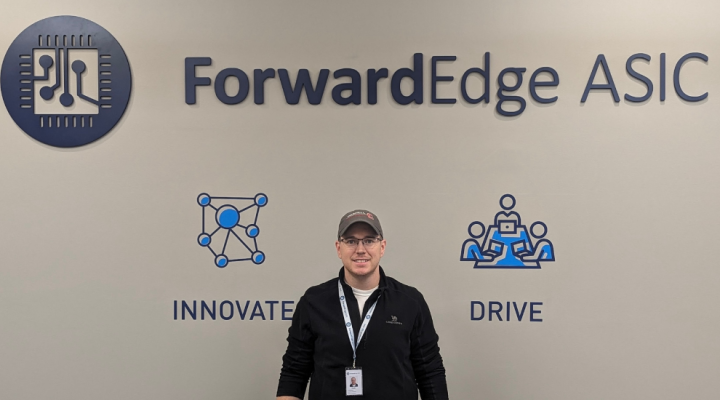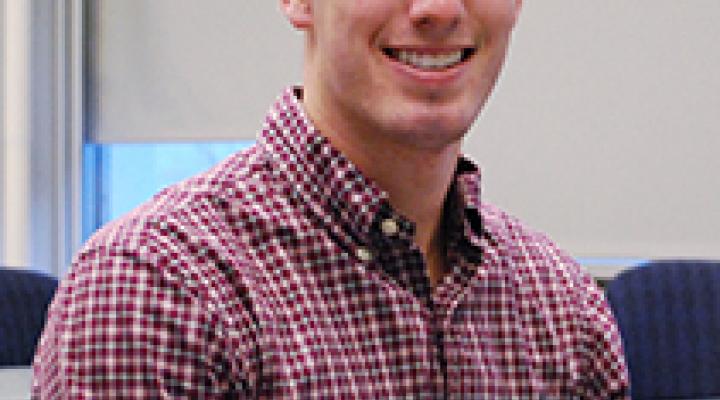Hailing from Istanbul, Turkey, Ezgi Demirayak participated in a dual diploma program for her undergraduate education, concentrating in computer science at both the Istanbul Technical University and at SUNY Binghamton. She came to Cornell for the engineering management program because she felt it could give her an advantage for finding a job. “I had already gained a lot of technical background, so I thought I should add some managerial skills in order to be more successful,” she said.
As part of the M.Eng. in Engineering Management curriculum, graduate students participate in a semester-long team project. This year, the students are divided into two teams that are developing competing designs for a bike share feasibility study in Ithaca, NY. Demirayak is a team leader for one of the groups, assisting with the management of team operations and helping to streamline the project’s progress. Currently, the University has a 16-month renewable contract for a forthcoming campus bikeshare, so the teams have been partnering with Cornell Transportation and Mail Services to gather background information. Additionally, the project looks beyond the campus to get the community involved—if the feasibility study proves successful, the city of Ithaca may implement the bikeshare.
Outside her curricular obligations, Demirayak is also member of an entrepreneurship club, which frequently advertises enterprising opportunities for students. It was through this organization that she first learned of the Animal Health Hackathon—the world’s first-ever hackathon dedicated to animal health—which took place from January 27th-29th, 2017 at the eHub in Collegetown. Co-hosted by the Cornell College of Veterinary Medicine, and Entrepreneurship at Cornell, the conference partnered 130 Cornell students from across degrees, majors, and colleges with professional mentors to generate ideas for promoting the health of animals.
Demirayak was part of “Team Retriever,” one of 12 finalists out of more than 25 competing groups, and winner of both the grand prize and the “hardware award” categorical prize for their design. Together with three veterinary students and two information science students, they proposed a wearable device for pets that harnesses multiple low-power wireless technologies and a passive NFC failsafe to maximize the chances that a lost pet is returned. Additionally, a free companion app enables the community to help search and connect lost pets with their owners. Demirayak is now considering the possibility of creating a startup for the product. She and her teammates from the competition are talking with venture capitals and professors to see how they might make their pet-tracking device a commercial product.
This July, Demirayak will begin working at Intel, A multinational corporation and technology company headquartered in Santa Clara, California. Demirayak emphasized how the M.Eng. in Engineering Management Program has broadened her career opportunities: “Since I have now both a CS and Engineering Management background, I talked with my manager [at Intel] and they created a program for me, where I’ll try out different departments, like software engineering, product management, or UX design,” she said. “I then have the opportunity to decide which department I am best suited for, and which one I like best, and then I’ll become specialized in that area.”
Outside of her studies, Demirayak enjoys playing the piano and can be found sailing on beautiful Cayuga lake.





